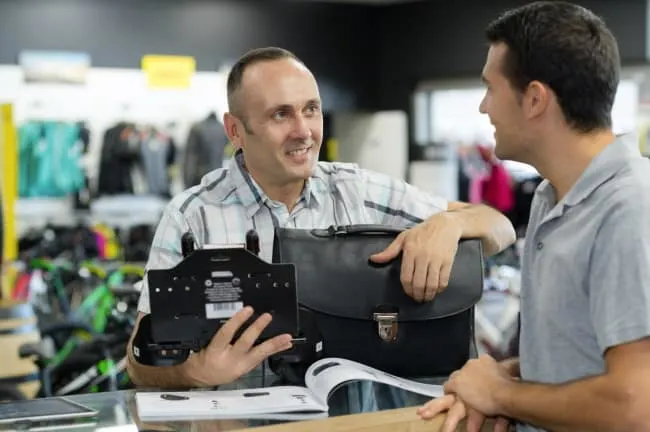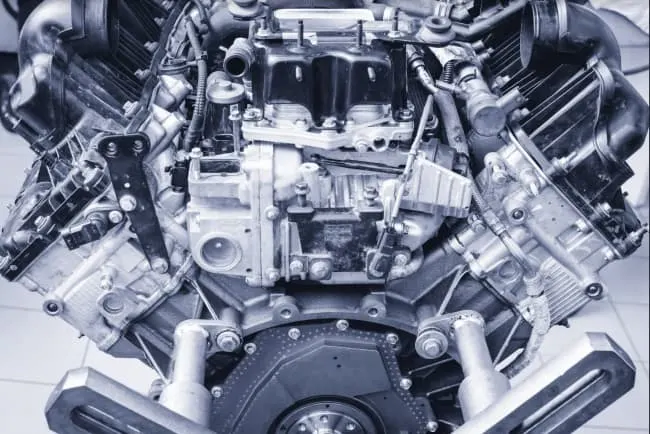
Sometimes, selling a used car may be complicated as you try to find a suitable buyer who’ll purchase your car at your asking price. If the car is in good condition, then the process will likely be easy as private buyers and car dealerships will still find the car valuable. However, if the car is old, beat, or in poor condition, finding a buyer could be difficult; after all, who wants to shell out money for something they won’t be able to use properly? Fortunately, you don’t have to sell your car as is since there’s the option of dismantling it and selling it for parts.
Car owners may be skeptical about selling their car for parts because of the possibly low amount they’ll receive for them and how fast they can find buyers. However, there are quicker methods for selling your car for parts and, ultimately, getting a reasonable price for a car that otherwise wouldn’t sell as a whole vehicle.
When selling for parts, you need to adhere to a few things in order for you to get it right. Here are a few of the essential ones you should know:
-
Your Car Still Needs Maintenance
Selling your car for parts doesn’t mean you can let it be in poor condition. When buyers come for parts like an engine, they’d need it to function properly so they can use it elsewhere. Yes, they can take a bad engine and repair it themselves, but this may significantly affect the amount you’ll receive for it.
Therefore, it’s advisable to have a routine maintenance check and any necessary repairs done for your vehicle prior to selling its components. Doing so will be worth it since parts that work tend to sell fast.
-
It Is Advisable To Make A List Of Parts
Before disassembling your car into parts, you should make a list of all the components of your car. You’ll need to have a professional mechanic with you when doing this. They’ll help you document all the car’s working parts, the ones for scrap, and other parts that can’t be sold.
Once you’ve created the list, the mechanic can help you take the car apart. Unless you have the skills it takes to do so successfully, you should always seek the assistance of a mechanic. This will prevent you from causing more damage to the parts and reducing their price.
The mechanic can also use their know-how to help you determine the price of each part. What’s more, they can either buy some of the components from you or refer you to a place to sell them.
-
There Is Paperwork Involved
Even if you’re selling your car for parts, you still need to have documents such as the vehicle title in order. Every state has different regulations regarding the sale of auto parts, so you should be familiar with all of them to ensure that you stay on the right side of the law. If there’s any paperwork that needs to be completed, accomplish it as required before selling any parts.
Some of the regulations will apply before the car is taken apart, while some will apply during the sale. If you want the sale to go smoothly, that will only be possible if all the regulations are observed.

-
You Have To Find A Trustworthy Auto Parts Dealer
There are several dealers to whom you can sell your car parts. The search for a reliable one is made hassle-free by social media, which allows sellers to connect with auto parts dealers and vice versa. It’s an equally good idea to look into junkyards within your locality that can accept the parts.
Always remember to try out different dealers so you can get the best value. You should make it a point to check their reputation by reading the reviews they’ve received. You can also use referrals like those from friends, relatives, or the mechanic who helped you dismantle the car. A good dealer should be licensed, insured, and have a valid address.
-
You Can Sell Parts To Private Buyers
While auto spare dealers are often trustworthy, you can still opt to sell your car parts to private buyers. Usually, there are more private buyers in online marketplaces and e-commerce sites. However, you should be extra careful when dealing with private buyers so you can avoid getting scammed.
Here are some important things to do when selling to a private buyer:
- Always ask them to pay in cash before they can take the parts. If they don’t agree to pay first, then seek the assistance of a third party who’ll carry out the transaction instead.
- Require them to check the parts on-site when you’re present to reduce cases of cheating regarding the condition of the components.
- If the buyers can’t meet you in person, be honest about the car’s condition. This is common courtesy that’ll improve seller-buyer trust for future transactions.
- Factor in the shipment and packaging cost if you’re delivering the parts to them.
Although selling to private buyers may allow you to get more money, you need to be mindful at all times as you can lose money to fraud. However, if you follow the previous tips, selling to private buyers shouldn’t be a problem.
-
It Is A Must To Notify The Authorities
Selling your car for parts also requires you to notify all the relevant authorities about it. This includes telling the Department of Motor Vehicles about the title transfer and the disposal of the vehicle plates and identification number.
Additionally, you’ll have to notify the insurance company about the sale. That way, you can cancel the insurance since the car will no longer be in your possession.
-
You Must Familiarize Yourself With The Parts
Even after a mechanic helps you document all the parts of the car, you still need to familiarize yourself with the finer details of and technical concepts related to those parts. Such concepts include horsepower, rim size, and many others that buyers might ask you about.
Knowing all the parts, their functions, and their performance compared to other models can help you close sales deals more quickly. Buyers will be more convinced to buy your parts if you know your way around them.
-
You Should Check Other Sellers
Before you decide to sell your vehicle’s parts, you need to compare yourself with other sellers. To do this, you have to act as a buyer and search for sellers, know their prices, find out how they post their vehicles online, and learn how they negotiate. This can help you have a baseline to start with when selling your parts. You’ll be able to set initial prices and negotiate from there to get a better deal. This frees you from worrying about how much a used transmission can really sell for.
-
You Can Sell The Remaining Parts As Scrap
Components like the engine will sell quickly, especially if they’re original, but other parts such as the body may not attract a buyer that easily. However, this doesn’t mean you can’t get any money for them as they can be sold as scrap to metal collectors. Other parts such as worn-out tires can be recycled and used to make plant holders and swing seats. This ensures that you put everything to good use.
Conclusion
Selling your car for parts is always a good option if your car is in a condition that can’t fetch good money or potential buyers won’t find it acceptable. All you need to do is follow the steps outlined above and make sure that you choose the right dealers to work with.
Keep in mind that taking this route doesn’t give you the right to ignore the regulations guiding car sales. So do it legally and get yourself a good deal for the parts. Also, avoid scammers by dealing with reputable dealers only.
- Sagittarius Man & Gemini Woman Love and Sex Compatibility - January 31, 2024
- Taurus Ascendant Rising Personality Traits in Men (Guide) - January 31, 2024
- How to Seduce and Attract a Sagittarius Man (Seduction Tips) - January 31, 2024
